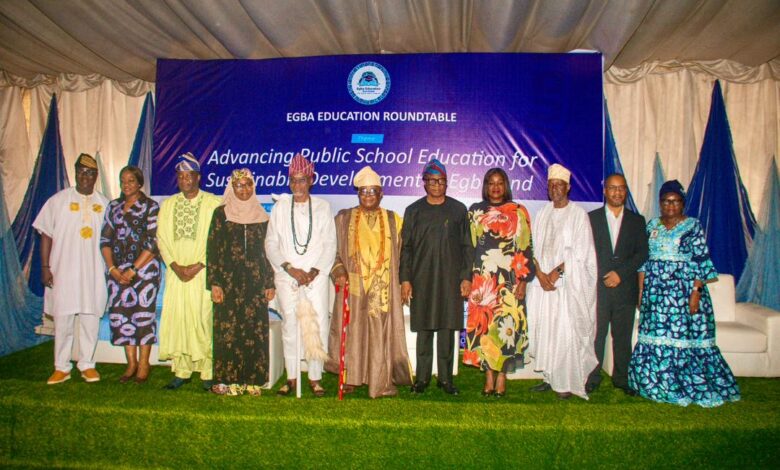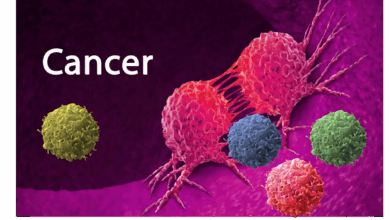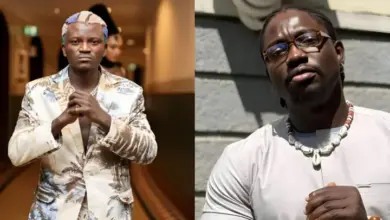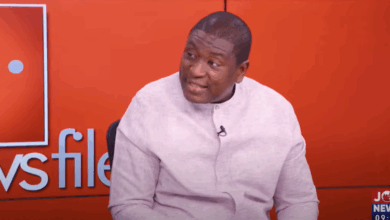Stakeholders call for collective action to transform education sector in Ogun

Stakeholders in the education sector have called for a collaborative efforts to drive advancement, emphasizing the importance of group ownership in promoting socio-economic development across Egbaland and Ogun state at large.
They harped on the need to reposition public schools as reputable citadels of learning, providing quality education and ensuring that learners remain relevant and competitive in today’s fast-changing world.
The call was made at the first edition of the Egba Education Roundtable (EER), tagged “Advancing Public School Education for Sustainable Development in Egbaland”, held on Tuesday, at the Olusegun Obasanjo Presidential Library (OOPL), Abeokuta, the state capital.
As part of its communique at the end of the engagement, ERR observed that there a need to ensure that the impacts of the educational interventions reach rural areas, especially the under-served communities, and interventions should focus not only on promoting Science, Technology, Engineering and Mathematics (STEM) education, but also the Arts and Humanities.
The communique, signed by Prof Ajao Adelekan, Chairman, Planning Committee, Dr. Adebayo Akintobi from the Akintobi Science Education Foundation, and Richard Uwayzor, from the Majekodunmi Foundation reads: “While many interventions focus on promoting Science, Technology, Engineering and Mathematics (STEM) education, the Arts and Humanities should not be excluded.
“It is important to ensure that the impacts of the educational interventions reach rural areas, especially the under-served communities. It is important to reposition public schools as reputable citadels of learning as in the past, where every child can access quality education that captures the current global trends.
“It is important to ensure that learners can compete internationally, that is, using global trends to address local challenges. There is need for non-governmental organizations, such as this forum, to collaborate in exploring other areas to address existing gaps in existing interventions.”
The communique recommended that an Egba Education Advancement Fund should be established as a collective vehicle to provide infrastructure, bridge gaps, and school-based management committee comprising CDAs, CDCs, traditional leaders, parents and others should be strengthened.
Speaking earlier, the Alake and Paramount Ruler of Egbaland, His Royal Majesty, Oba Adedotun Gbadebo, emphasised the importance of continuous engagement among stakeholders to address the multifaceted challenges facing education, opining that the government cannot resolve these issues on its own in a short period of time.
Also, the Olowu of Owu Kingdom, Oba Saka Matemilola, highlighted four essential elements for successful learning; the learner, the teacher, the curriculum and the environment, arguing that while teachers must stay up to date and be supported in order to effectively impart knowledge, learners must be protected from outside distractions.
He also insisted that while the learning environment must support intellectual development, parents should inculcate moral principles at home.
On her part, the Commissioner for Health, Dr. Tomi Coker noted that Egbaland has a rich legacy of producing highly educated individuals who have excelled globally, lamenting that recent developments however, demand innovative and collaborative approaches to sustain that legacy.
Delivering the keynote address titled: “Repositioning Education as the Bedrock of Egba Development,” the Commissioner for Education, Prof. Abayomi Arigbabu, underscored the centrality of teacher quality in educational outcomes, saying the quality of education cannot rise beyond the quality of its teachers.
He added that training, retraining, and digital literacy must be prioritised, while also advocating entrepreneurship and vocational education as integral to modern learning, noting that institutions such as TASUED have already begun integrating such courses into their curriculum.
The stakeholders’ engagement was organized by six non-governmental organisations, which includes, J.A. Akintobi Science Education Foundation, Femi and Mope Coker Foundation, Chief Dr. Moses Adekoyejo Majekodunmi Foundation Oba Matemilola Oluyalo Otileta VII Foundation (OMOOF), AG Leventis (Egba) Scholarship Scheme and the Egba Heritage Foundation.





